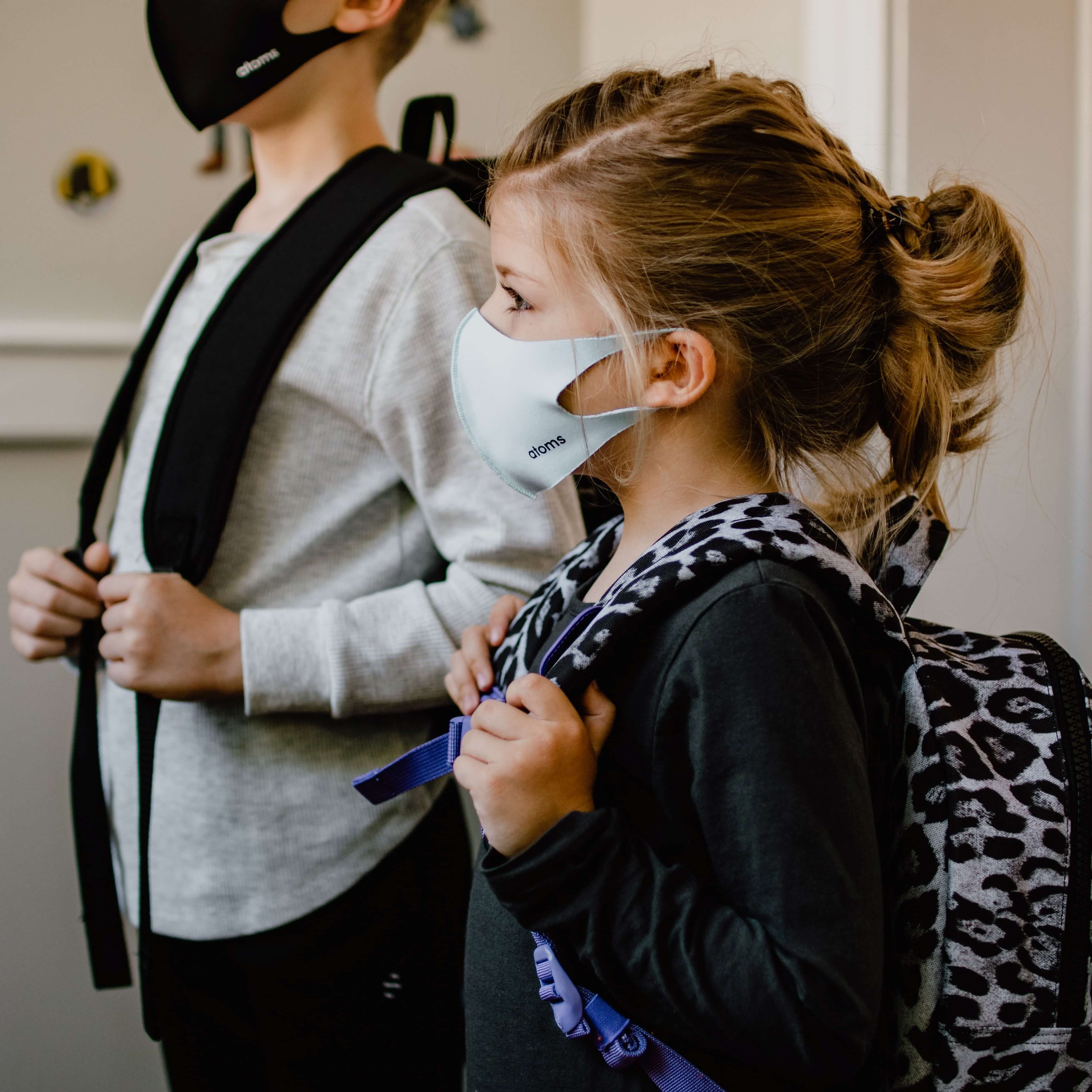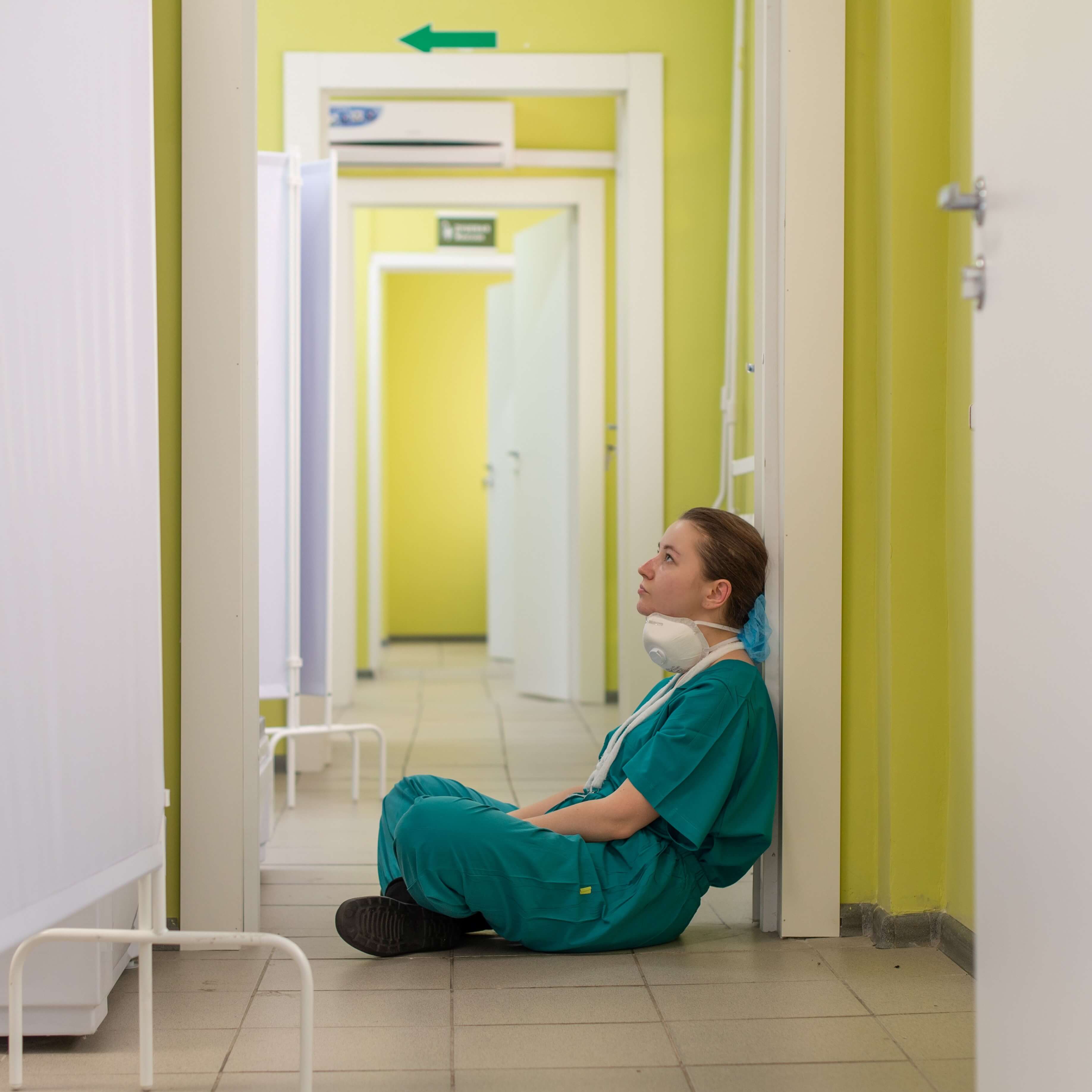
When Should You Get Tested for Covid?
COVID-19 is a deadly virus that has greatly affected people around the world. Luckily, there are ways to get tested for the respiratory infection and recieve adequate treatment. However, you need to know when to get tested. So, when is the right time to get tested?
This article will discuss when to take a COVID test, when they are more accurate, and if you can test negative and still have COVID.
When It's Time to Get Tested for COVID?
Getting tested for COVID is important, but knowing the right time for COVID testing is even more important. So, here are signs that you should get tested.
Common Covid Symptoms
You should get tested for COVID-19 if you have any of the symptoms and may have been exposed to someone with the virus. COVID-19 symptoms you might see include but are not limited to:
- High Fever (reaching a temperature of 100.4 degrees Fahrenheit and above)
- Difficult breathing
- Headache
- Sore throat
- Nausea
- Chills
- Continuous cough
- Fatigue
- Runny nose
- Diarrhea
- Loss of smell or taste
- Muscle aches
- Congestion
- Body aches.
If you exhibit any of the signs above, you should take a lateral flow test or any other test method. Also, be sure to take all the necessary measures to ensure you are not spreading the virus. This includes self-isolation at home, physical distancing, wearing a nose mask, and washing your hands regularly.
If You've Been Exposed but Don't Have any Symptoms
If you are fully vaccinated, you should get tested between 3 and 5 days after exposure. Additionally, you should continue to use a mask in public indoor spaces for 2 weeks or till you get a negative test result.
Individuals who have not received the recommended vaccinations should be placed in quarantine and tested immediately. If you get a negative result, you need to get retested 7–10 days after your last exposure or sooner if you start showing severe or mild symptoms while in quarantine.
When Are COVID Tests More Accurate?

Most COVID tests are highly accurate, but there are times when the tests would be more accurate. Firstly, if you were exposed to COVID but do not have symptoms, you should wait at least five days before testing. Inaccurate results may be more likely if a test is performed too early.
Rapid tests are more accurate when administered to individuals with COVID-19 symptoms, particularly within the first week of sickness. However, individuals with negative test results may still be infected. These tests are less reliable in those who are asymptomatic, but they can detect COVID-19 in those who have been in contact with people with a confirmed case.
Furthermore, the accuracy of quick antigen tests varies amongst manufacturers, and there is no evidence for the accuracy of several commercially accessible tests. Hence, you should opt for a lateral flow test nose-only kit you can trust. Some great examples include the Healgen rapid antigen test or the FlowFlex rapid test.
Can You Test Negative and Still Have COVID?
A negative result indicates that you are unlikely to be contagious. Nevertheless,, a negative test does not mean that you do not have COVID-19 and may still be infectious. Hence, you should take precautions to avoid contracting and transmitting the SARS-CoV-2 infection. Here are some reasons why you might test negative for COVID even when you have the virus:
Taking the Test too Early
Symptoms indicate that your immune system is working hard to combat an infection. Because your immune system recognises the virus and can act rapidly if you've been vaccinated, symptoms may appear much faster.
The virus can still make you sick and spread to others even if you have been immunised. This is because immunizations do not work as well against Omicron variants (however, the shots will keep you out of the hospital). The Omicron variations may also be more difficult to detect than earlier variants. Furthermore, Omicron replicates swiftly in your body, which can cause you to become ill sooner.
If you test negative immediately after being ill, you should retest a few days later, when your viral load is most likely to be at its peak.
Error from a COVID Test Kit
Carefully read and follow all directions for the home test. Keep in mind that tests can come from a variety of sources, each of which may provide somewhat different instructions. You must be cautious when handling a test and have dry, clean hands before administering it. Keep note of when a test kit is expiring. Also, avoid leaving the kit in extreme temperatures, such as in a hot car on a sunny day.
Low Viral Load
As mentioned before, your symptoms reflect your body's response to the COVID virus. The viral load varies considerably across individuals. At some point in their illness, the vast majority of people with COVID will have detectable virus levels on an antigen test.
Some people who have been vaccinated may never show a positive antigen test result, while others may do so for several days in a row. Some mild illnesses might not show up on antigen tests, but they would on a polymerase chain reaction (PCR) test, which means you have COVID, but not enough for an antigen test to show it. This is more likely to happen if you have been immunised or given something to boost your immune system.
Frequently Asked Questions
When can I get tested for antibodies?
You can get tested for antibodies 1 to 3 weeks after getting the infection or vaccination because it takes your body that long to make them.
Does PCR test for antibodies?
PCR does not test antibodies. Instead, the test is designed to look for RNA, the genetic material that guides the virus to generate proteins found on it.
Conclusion
You should get tested if you have symptoms of COVID or have recently come in contact with someone infected. If you want a more accurate test, it is best to get tested five days after exposure because your viral load should be high by then. In some cases, you might test negative for COVID but still have the severe illness. This could happen for several reasons, such as a poor test kit or having a low viral load.



